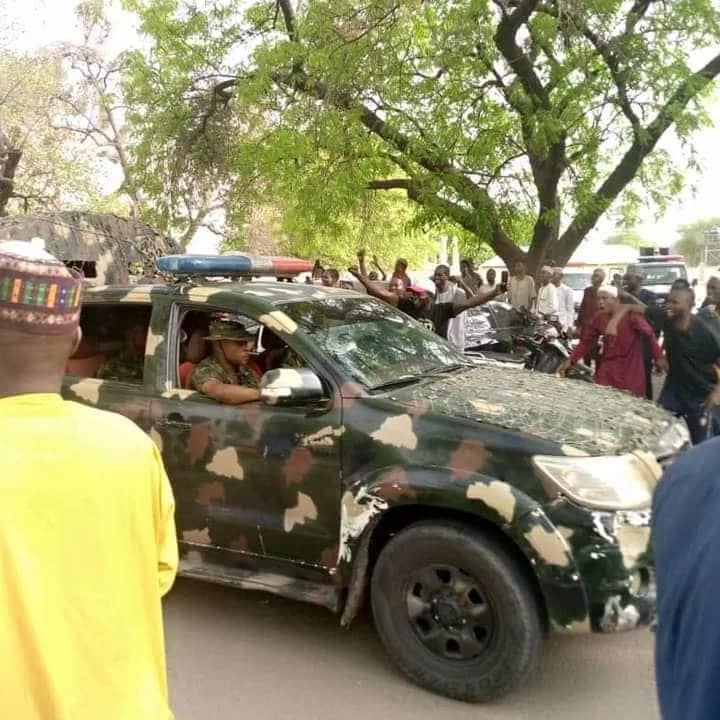In light of current tensions in Southeast Nigeria, the Nigerian House of Representatives have asked the Chief of Armed Forces (COAS) and the Inspector General of Police (IGP) to probe alleged extrajudicial killings in five communities in Imo state. The state is one of the five southeast states experiencing violent unrest in the past year. Pro-Biafra secession currently championed by the proscribed Indigenous People of Biafra (IPOB) has intensified in recent years. Despite its terrorism tag, the separatist group has created the Eastern Security Network (ESN), purportedly to salvage the southeast from insecurity.
New tensions are recurrent between Nigeria’s security organisations and the relentless self-determination group. In over a year, the southeast region has been saturated with violent attacks, raiding of communities, security formations and extrajudicial killings. Latest conversations focus on salvaging the region from further ruin; probing of allegations of extrajudicial killings and illegal invasions adds credibility. Earlier in February 2022, reports held that Nnamdi Kanu, the embattled IPOB leader, called on his followers to avail themselves of an ongoing peace-making process. Probing alleged excesses of security operatives in the region will signal the government’s preparedness to seek peace in the southeast.
Some southeast residents want more than peace talks. Interviews conducted in November 2021 reveal that dialogues in the region should be inclusive. “Dialogue with IPOB members but bring in regional relevant stakeholders”, says Obianuju, a development worker in Anambra state. However, Eze, a businessman in Awka, suggests that the government should first release IPOB’s leader in its custody, as any form of engagement may not hold water”. Some other respondents also hold that an open, fair and quick trial of IPOB’s leader is necessary to curb the tensions in the region. In addition to the conversations, a probe of security agencies’ excesses will show that government plans align with efforts to secure the region.
Government must continue non-combative approaches to salvage the southeast. The probe of extrajudicial killings in the southeast should open up platforms for reporting unauthorised killings. The process will pass the message of social justice and accountability. Government can counteract the narrative that security responses in the region are biased and repressive. Furthermore, the reported ongoing dialogue and the probing of extrajudicial killings in five communities is a strong message capable of winning the hearts and minds of southeast residents. The findings of the probing should be made public, and government must follow through with the processes are fully completed.
On a broader scale, engaging with IPOB will set the tempo for proactive peacebuilding in Nigeria’s violent hotspots. Beyond IPOB, other security issues and agitations are seeking government attention. Such as the Yoruba nation movement, periodic militancy by residents in the oil-rich Niger Delta, and the lingering #End SARS movement against police brutality. The government’s willingness to engage with the separatist group will exemplify its openness to citizens’ engagement in achieving a sustainable peace process, which can be applied across similar issues. In addition, as proposed in Nextier SPD’s article, there is a need to deploy a conflict expert group interfacing with the government and the secessionist group. Support from the expert group will also ensure the credibility of the process and promote a mutually acceptable resolution.


